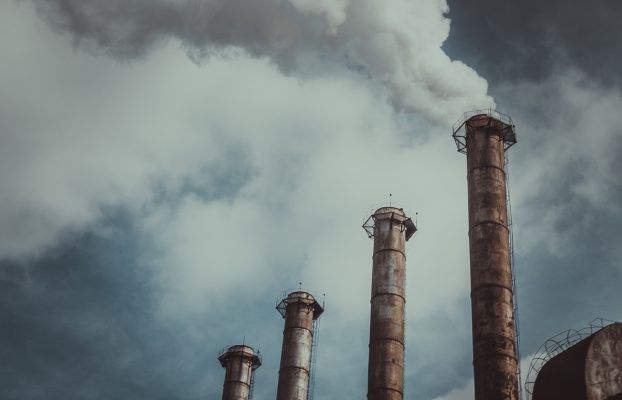Refinery additives
Refinery additives have the mission of improving thermal stability, reducing emissions, and optimizing combustion efficiency. In this way, these compounds contribute to more efficient, sustainable, and profitable operations.
Refinery additives play a crucial role in this industry, bringing significant improvements to production processes and the quality of petroleum-derived products. These chemical compounds are designed to optimize and enhance various operations in refining facilities, as well as to improve the efficiency and quality of the end products.
Improvement of Thermal Stability: Refinery additives enhance the thermal stability of petroleum products, ensuring their performance under high-temperature and pressure conditions.
Emissions Reduction: They contribute to the reduction of harmful emissions during refining processes, complying with stricter environmental standards.
Improvement of Combustion Efficiency: In the energy sector, these additives improve combustion efficiency, maximizing energy generation from petroleum derivatives.
Corrosion Protection: They offer protection against corrosion in equipment and pipelines used in refinery facilities, extending the lifespan of assets.
Viscosity Optimization: They help optimize the viscosity of petroleum-derived products, facilitating their handling and transportation.
Crude Oil Refining: In refining, these additives are used to improve the quality of gasoline, diesel, and other petroleum-derived products.
Energy Generation: In thermal power plants, additives optimize the combustion efficiency of petroleum derivatives, maximizing energy generation.
Gas Processing: In gas processing plants, they are used to improve thermal stability and protect against corrosion.
Lubricant Production: They contribute to the production of high-quality lubricants with improved properties.
Chemical Industry: In the manufacturing of chemical products from petroleum derivatives, these additives play an essential role in process optimization.
Absorbents
Activated carbon
Aluminas
Ion exchange resin
Molecular sieves
Amines
Diethanolamine (DEA)
Monoethanolamine (MEA)
Triethanolamine 85% & 99% (TEA)
Related News Posts Trends
On our blog you will find articles about our products and industries






